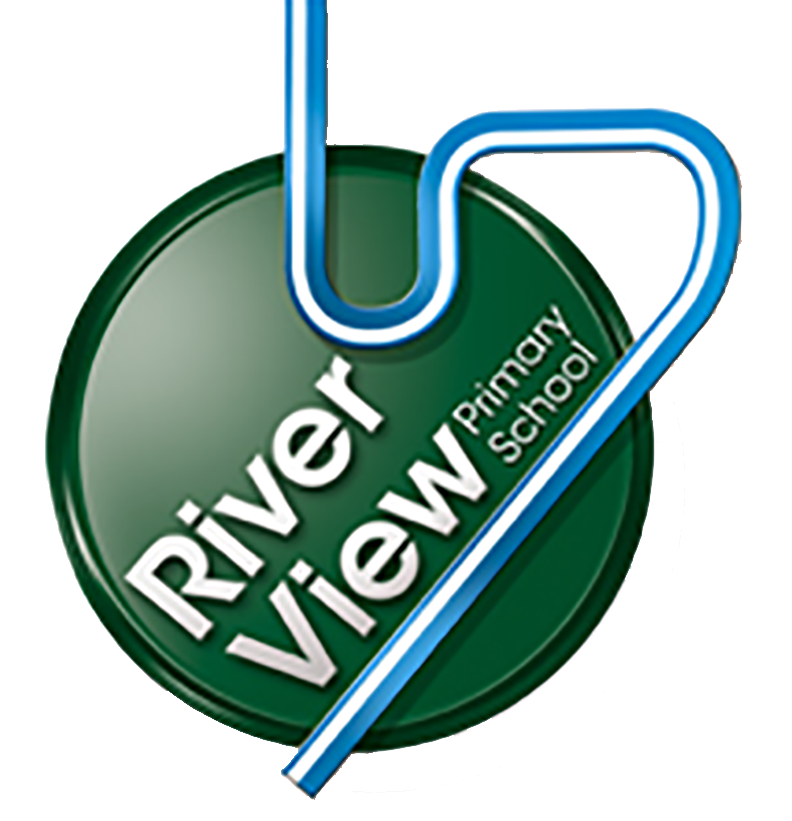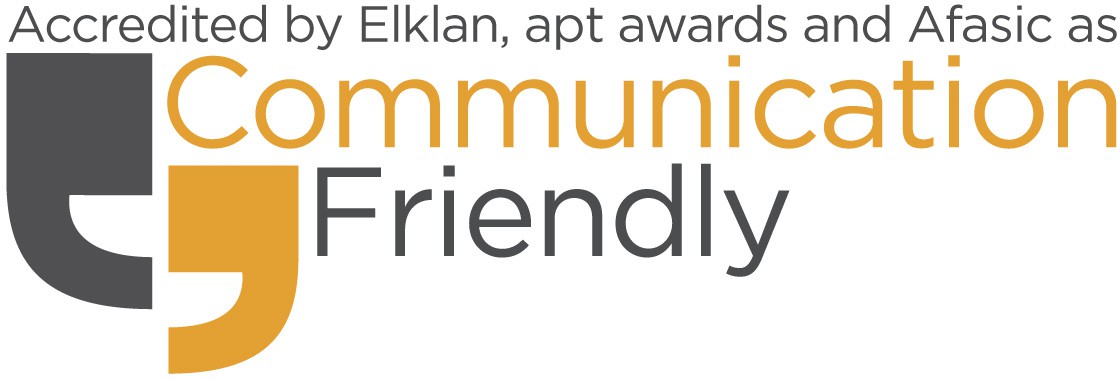Our Approach and Assessment
Resource Provisions at River View
Pupils attending the resource provisions at River View present with a combination of layered needs e.g. communication, cognitive, mental health, relationships, behavioural, physical, medical and sensory. They need informed, specific support and strategies which may include transdisciplinary input to engage effectively in the learning process and to participate actively in classroom activities and the wider community. Their attainments may be inconsistent, presenting an atypical or uneven profile. An understanding of these atypical development patterns ensures that emphasis is placed on conducting appropriate assessments and providing relevant and personalised learning experiences all within the context of curriculum for excellence. At River View, pupils may be working at any educational level, including the pre-formal (engagement model), semi-formal curriculum and the formal (national) curriculum.
Supporting the Curriculum: The River View Primary School Mission Statement
Our ethos and vision for the school includes the whole community. River View is known as an inclusive school which values diversity and treats each child as an individual. We provide an environment that enables all of our children to develop academically, socially, physically and emotionally to reach their full potential by removing barriers. Our resource provisions are fully embedded within the educational continuum.
Teaching and Learning
Teaching and learning are fundamental to River View Primary School. Learning is the process through which the pupils can develop their knowledge, skills and understanding to the point where they have retained and generalised what has been taught. This is achieved through a context which is relevant and meaningful to all pupils with ASD/DLD to ensure effective learning. Our pupils with ASD/DLD have a wide range of complex needs which requires us to adopt and develop a range of appropriate teaching and learning strategies. All staff work in such a way that the learning environment is calm and consistent, visually structured, with clear communication to pupils about what is expected of them, both as individuals and in small groups. This ensures maximum information processing throughout each day allowing pupils to realise their full potential.
We believe pupils learn best when they:
- Are happy
- Are interested and motivated
- Achieve success and gain recognition
- Are given tasks which match their abilities and experiences
- Clearly understand the task and what is expected from them
- Are confident, feel secure and aware of boundaries
Impact - The difference is our curriculum making
Progress for learners following the semi-formal curriculum pathway is currently assessed using descriptors from WS P Steps and through formative assessment of progress towards individual EHCP outcomes. Children are initially baselined to ascertain which P step they are secure in and typically make approximately 1-2 steps progress across an academic year. For those children participating in subject specific learning, their progress is recorded within their corresponding P Step for their year group as well as their developmental P step. This progress is recorded on Solar. The Engagement Model was introduced into River View during 2020-21 and may be used to assess some Semi-Formal learners alongside existing planning, assessment and recording systems.
The developmental profile of pupils with ASD/DLD can be mixed or spikey. All children with spiky learning profiles show significant developmental inconsistencies between different areas of learning. For example, they might be working at national curriculum level 4–5 for literacy, yet at P6 for numeracy; or at level 3 for science, but at P5–6 for PSHE. Children may also have strengths and abilities in keeping with or beyond their developmental age. For pupils with ASD/DLD, it is therefore essential to establish an accurate pupil profile on which to base educational targets. Assessment for pupils with ASD/DLD is bespoke to each pupil and is carried out in a range of environments. Pupils may perform well in a given situation but may not transfer or use the skill in another; such inconsistencies may be attributed to changes and variations in the environment, personnel or resources used.
The assessment process is based upon careful observation and the identification of concepts or skills which require further exploration as well as a combination of information from different sources. Information from home and parental perspectives is vital to form a holistic profile. Parents have a great deal to contribute to both the informal and formal assessment process and may face quite different challenges to the adults in the education setting. A range of professions may be involved to supplement the knowledge and information gathered by classroom staff.
The Formal Curriculum (The National Curriculum)
River View ensures that there is fluidity between the Semi-Formal and Formal Curricula, allowing for a personalised approach that enables pupils to move between them as appropriate to their development. Pupils whose learning pathway is predominantly within the formal curriculum complete assessments within their chronological age year group.





